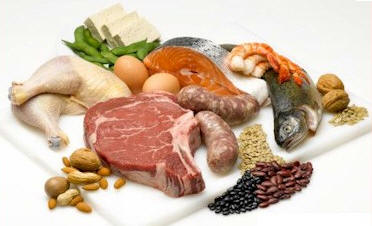Welcome to Nature in Mind. Here you can read articles on wildlife conservation, sustainable living and animal welfare, as well as memoir and opinion pieces.
Wherever we live in the world, we are connected by our responsibility to humanity and nature. By living with nature in mind, we can support a thriving natural environment and enjoy better mental health. We can enrich our own lives and those of generations to come. I want to raise awareness of why nature matters, how human activity is harming nature and what we can do about it.
How can we help nature?
Is Right to Roam the best way to go?
Sustainable farming: making sure people and nature thrive
Swifts need help now in villages, towns and cities
Feeding garden birds: for better or worse
Storytelling to create a sustainable world
Do you need a content writer, copywriter or copy editor for your business or publication? Visit my freelance writing services website: www.tracybrightenwriter.com .
Image credit: Australasian Gannet Colony at Muriwai Beach, New Zealand by David Brighten








